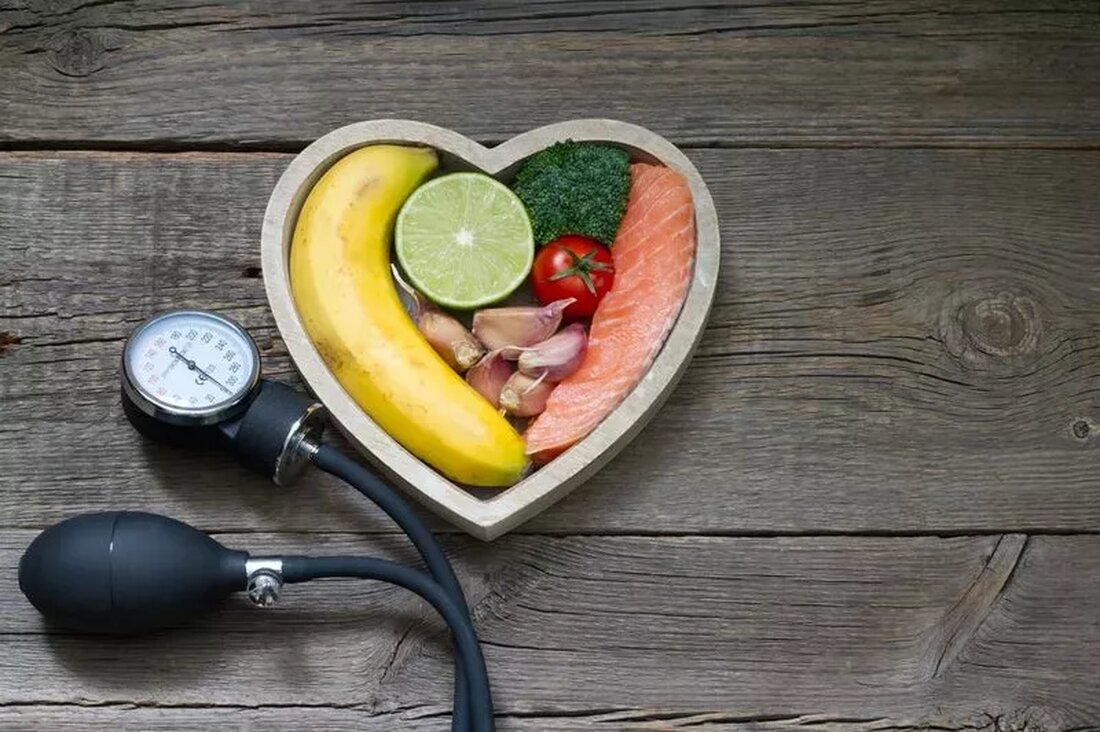Healthy eating diet plan tips for weight loss
Eating healthy isn't about strict nutritional philosophies, staying unrealistically thin, or giving up the foods you love. Rather, it's about feeling great, having more energy, and keeping yourself as healthy as possible, all of which can be achieved by learning some nutrition basics and incorporating them in a way that works for you while losing weight. Most of the time it only takes a change in your lifestyle, your thinking and your diet to make a big difference. A specific problem that leads to obesity is the food we eat. We often decide...

Healthy eating diet plan tips for weight loss
Eating healthy isn't about strict nutritional philosophies, staying unrealistically thin, or giving up the foods you love. Rather, it's about feeling great, having more energy, and keeping yourself as healthy as possible, all of which can be achieved by learning some nutrition basics and incorporating them in a way that works for you while losing weight.
Most of the time it only takes a change in your lifestyle, your thinking and your diet to make a big difference. A specific problem that leads to obesity is the food we eat. More often we choose to eat delicious unhealthy foods instead of fresh fruits and vegetables. If you want to make a difference, here are five tips you can rely on to eat healthy.
1. Learn not to overeat
Learning to stop eating when you are no longer hungry is a very good habit. Most of the time, people get fat because they cannot control their appetite. It doesn't matter if you eat 3 or 6 meals a day. You can eat 6 meals a day and still lose fat. More important are the foods you eat and how much you eat. If you eat McDonald's six times a day, you won't lose weight.
But if you eat 6 meals a day with whole, natural foods, you'll still burn belly fat and lose weight quickly. Whole, natural foods include fruits, vegetables and raw nuts.
2. Don't skip meals
Skipping meals would actually lower your metabolism because your body will think you've entered starvation mode and will try to conserve whatever it has. If you want to lose weight, this is something that will not help you at all.
3. Choose good carbohydrates
Learning to replace white rice with whole grains such as brown rice and other fiber-rich carbohydrate sources are ideal for losing weight through healthy eating. Plain white rice has far less vitamin E, thiamin, riboflavin, niacin, vitamin B6, folacin, potassium, magnesium, iron and over a dozen other nutrients. In addition, the fiber contained in white rice makes up about a quarter of brown rice. This is a type of healthy eating plan that you can incorporate into any of your weight loss programs.
4. Choose good fat, not fat-free food
The human body uses fatty acids to do everything from building cell membranes to performing key functions in the brain, eyes, and lungs. We should all increase our intake of healthy omega-3 fatty acids, which we need for bodily functions such as controlling blood clotting and building cell membranes in the brain. The best sources are fatty fish such as salmon, herring, mackerel, anchovies or sardines or some cold water fish oil supplements. Canned tuna and lake trout (albacore tuna) can also be good sources, depending on how the fish was raised and processed.
If you're worried about your weight problems, instead of avoiding fat in your diet, try replacing all bad fats with good fats. This could mean replacing some of the meat you eat with beans and legumes, and using vegetable oils instead of tropical oils, which tend to be higher in saturated fats. Unknowingly, you are practicing a healthy eating plan.
5. Limit sugary foods
Sugar is added to a variety of foods. By ditching sodas and juices – and even sugar-laden Starbucks coffee – you can cut 500-1000 calories per day from your diet. This alone would cause a weight loss of 1-2 pounds in a week.

 Suche
Suche
 Mein Konto
Mein Konto
